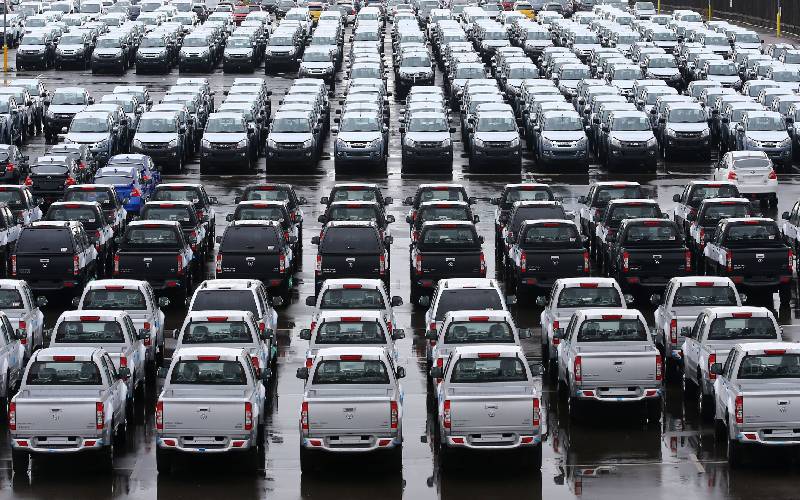×
The Standard e-Paper
Kenya’s Boldest Voice

According to consumer reports, leasing vehicles brings with it a lot of advantages for the government in terms of expenditure.
After the state has acquired these vehicles, it enjoys less hassle moments as;